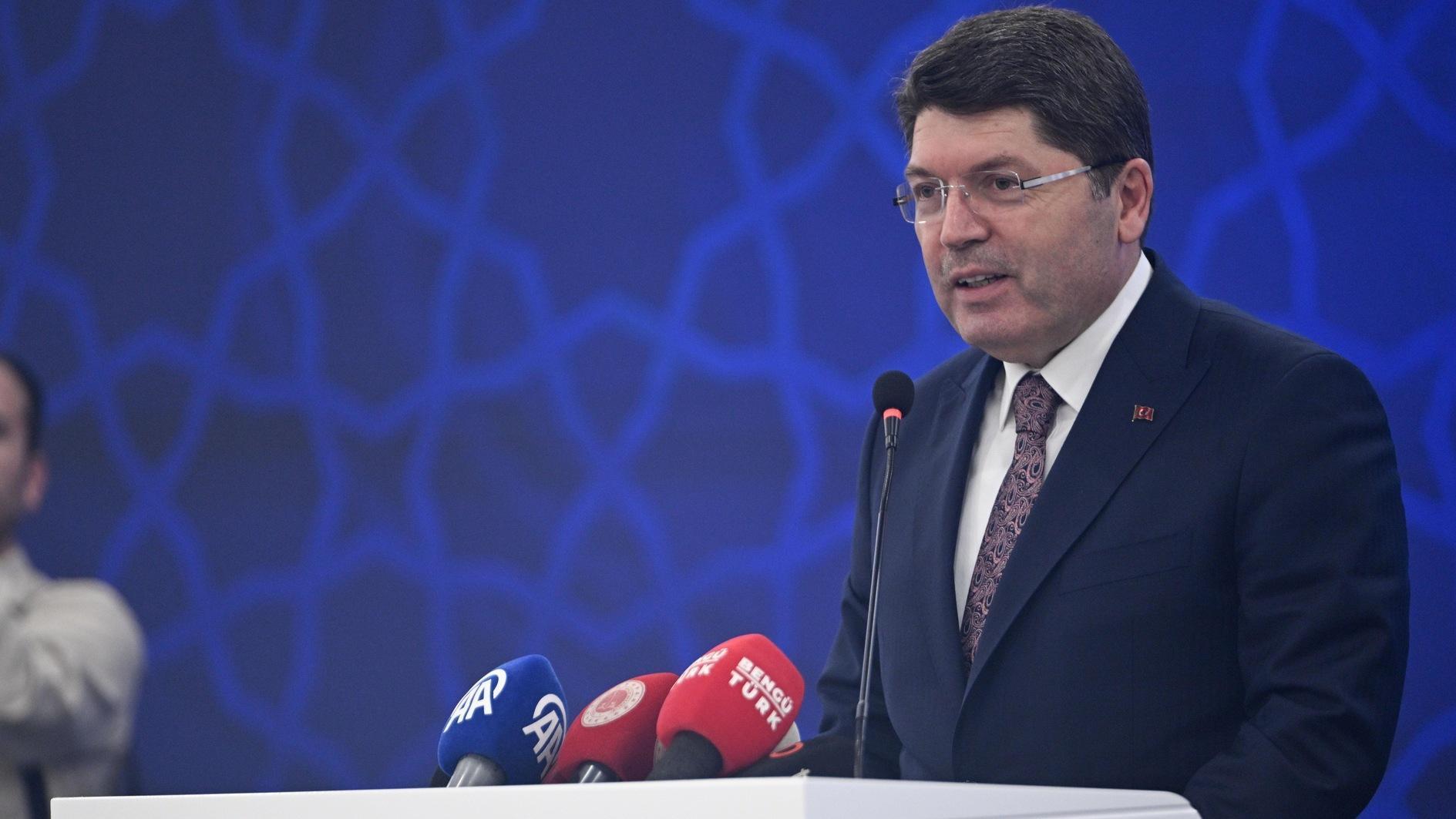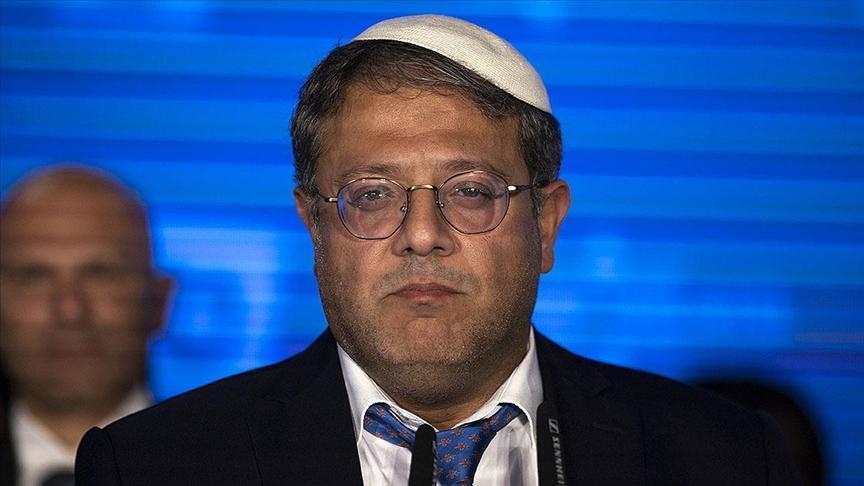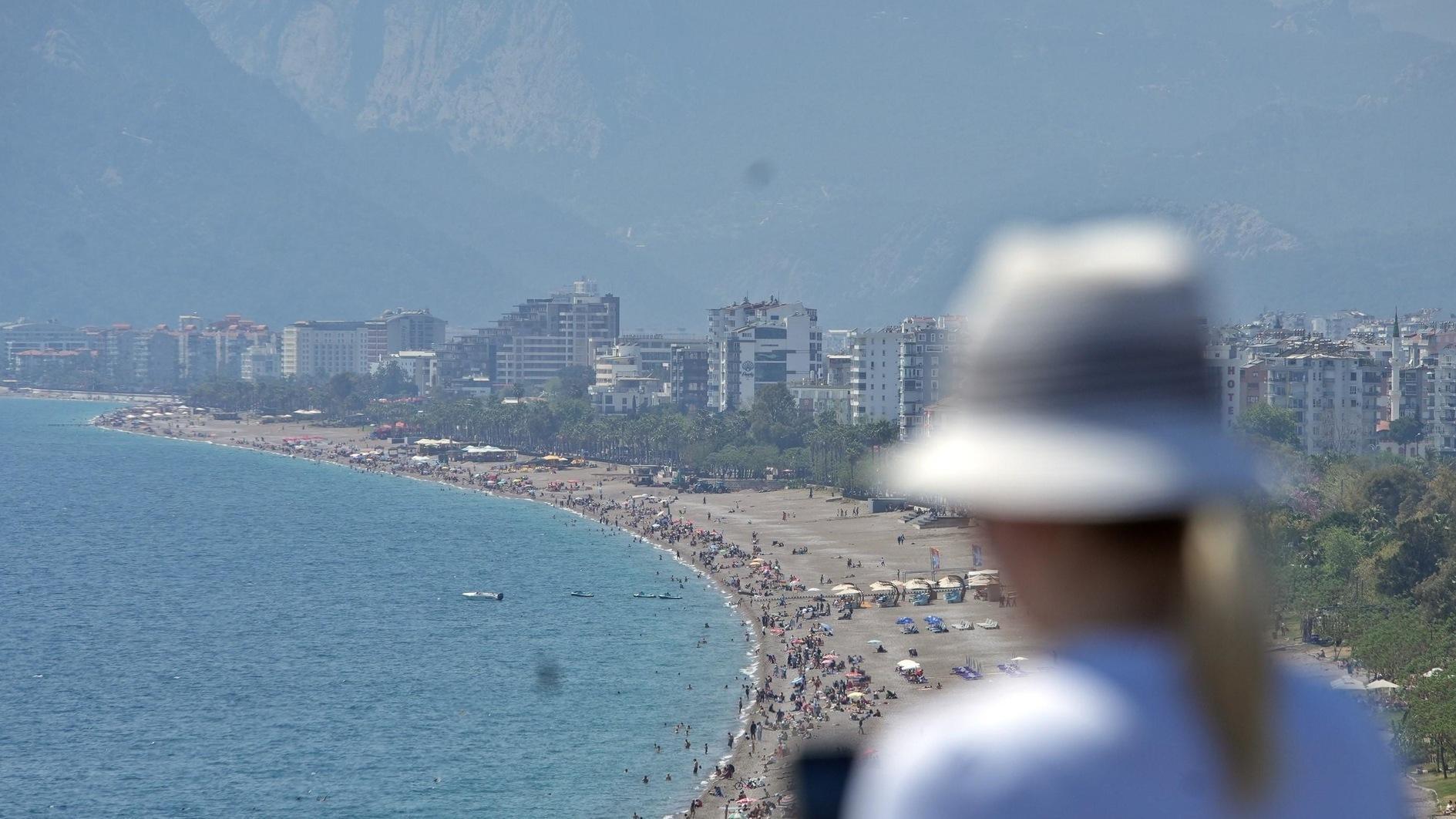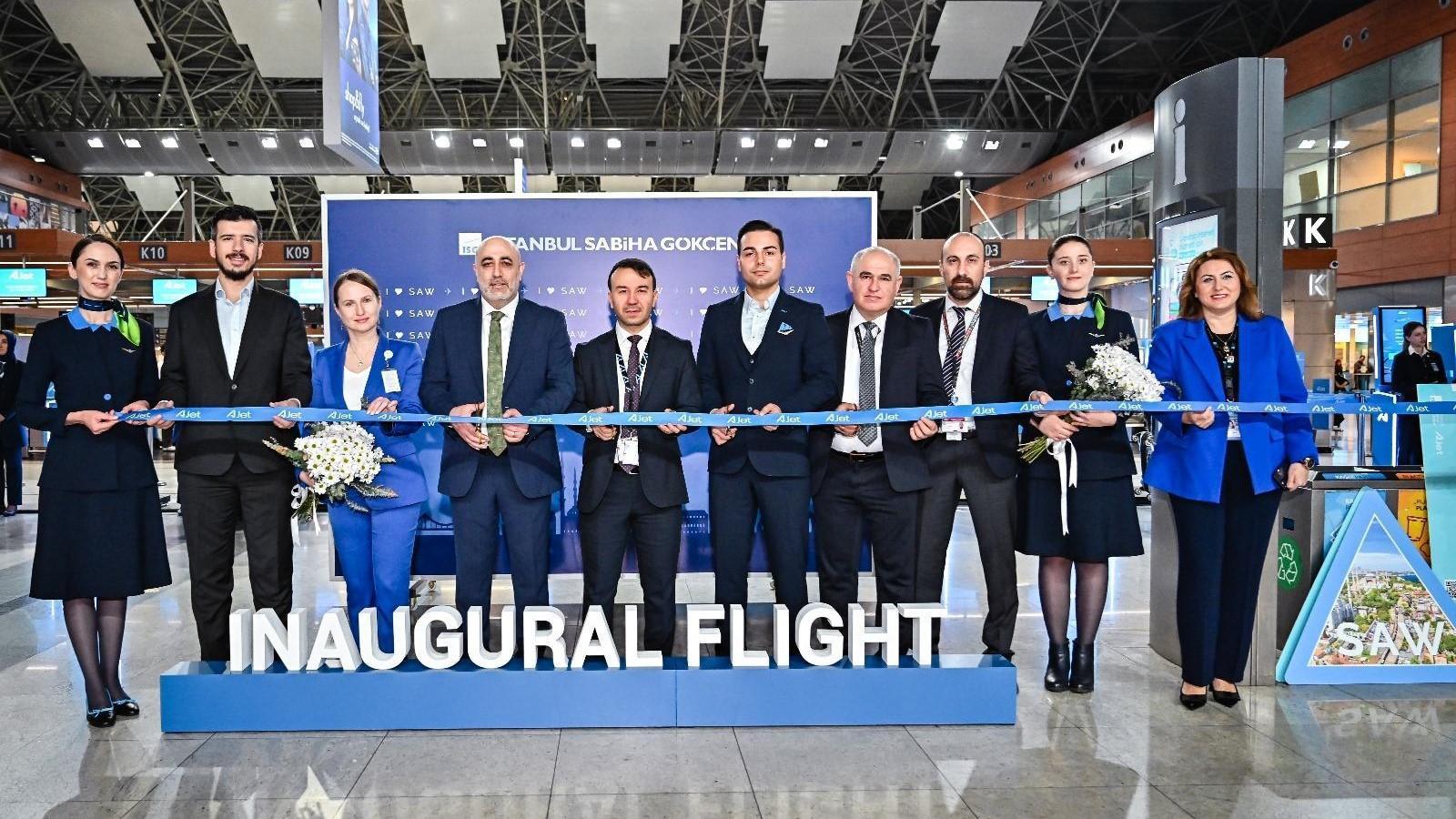Turkey’s high expectations from Trump
On Jan. 3, Prime Minister Binali Yıldırım slammed U.S. President Barack Obama and called on incoming president Donald Trump to “end this shame” in the U.S.’s Syria policy.
Yesterday, on Jan. 4, it was Deputy Prime Minister and government spokesman Numan Kurtulmuş who said Turkey was “optimistic” that Ankara’s expectations would be satisfied during Trump’s term.
A call from Obama to President Tayyip Erdoğan to express condolences about the Jan. 1 Reina nightclub attack by an ISIL militant, killing 39 and wounding 65, apparently did not change the government’s position.
After all, ruling Justice and Development Party (AK Parti) deputy Şamil Tayyar wrote on Twitter on the same day that the CIA was behind the Reina attack.
Turkish Defense Minister Fikri Işık also said on Jan. 3 that the ongoing U.S. support for the Democratic Union Party (PYD) - the Syrian branch of the outlawed Kurdistan Workers’ Party (PKK), which Washington uses as a ground unit against ISIL, despite its NATO ally Turkey’s protests – was prompting the government to “question” the use of the strategic İncirlik base by U.S.-led anti-ISIL coalition planes. (The base was opened in June 2015, and ISIL attacks in Turkey started in July 2015, followed by the resumption of PKK attacks after three years of a fragile ceasefire during a dialogue process with the government.)
Meanwhile, Foreign Minister Mevlüt Çavuşoğlu also strongly criticized the U.S. for not giving the air support that Turkey has been demanding against ISIL positions near the Syrian town of al-Bab. Instead, Turkey has opted to cooperate with Russia in airstrikes against ISIL around the town for the last few days.
Following an earlier public complaint by Çavuşoğlu last week, the Turkish General Staff announced that U.S.-led coalition planes had joined Turkish operations against ISIL near al-Bab “for the first time in a long time.”
That statement was perhaps a relief for U.S. Ambassador to Ankara John Bass, who has been trying hard of late to counter the attacks from the government, the opposition and the media that the U.S.’s stance on Turkey has not been friendly.
The General Staff statement was most probably also bad news for the PYD, and thus the PKK, since the taking of al-Bab by Turkey-backed Syrian opposition forces would be a big blow to the PKK’s target of establishing a continuum along the Syria-Turkey border under its control, probably for use as the base for an autonomous or independent Kurdish state.
However, a Pentagon statement late on Jan. 3 made it clear that U.S. planes were not carrying weapons, and only flew to show a flag as the Turks wanted it much. Ankara read this as a declaration of continued support for the PKK, which it sees as an existential threat for Turkey.
That is the background of the harsh Jan. 4 statements by Kurtulmuş, Çavuşoğlu and Işık.
It seems that Ankara has lost all hope that there will be a change in favor of Turkish-American relations in the final days of the Obama administration.
It is not only the PYD/PKK that is a problem between Ankara and Washington. There is also the ISIL issue, and the problem of Fethullah Gülen. Having once been a close ally of Erdoğan’s AK Parti, the U.S.-resident Islamist preacher Gülen is now accused of masterminding the failed July 15 military coup and being the leader of a terrorist network. Ankara wants Gülen’s extradition, if not at least his temporary detention based on an exchange of criminals agreement between Turkey and the U.S. The Obama administration has repeatedly said it cannot interfere in the judiciary.
The Turkish government expects from the Trump administration an end to support for the PYD, which is an extension of the PKK (also designated as a terrorist organization by the U.S.), and some kind of legal action against Gülen, if not his extradition. These demands may be low in quantity but they are high in terms of content; indeed, they could be critical to the future of close cooperation between the two NATO allies.











